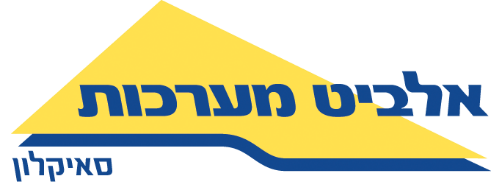Visas to the United States
Our office, together with our partners, provides professional immigration legal services to both corporate and individual clients, with an emphasis on employment, family and consular processing issues. With more than 40 years of cumulative experience our areas of expertise include obtaining investor work visas for multinational companies (E-1 and E-2) and identifying and implementing visa options (L-1, H-1B, O-1, EB-1) for start ups, small businesses as well as publicly traded organizations.
We utilize our expertise to tailor a unique strategy for each client that will suit his/her family and business needs. Our goal is to meet the immediate visa requirements but also develop a long term “immigration” road map to ensure the client’s on-going success in the US markets.
Non-Immigrant visa
There are two main categories for obtaining visa for the United States. A temporary work visas, which refer to a temporary residency in the United States, and a permanent visa, which allowa permanent residency (Green Card) to the United States.
The Visa Types for non-immigrant visas:
B-1 visa– The B-1 visa category allows foreign business persons to enter the U.S. for temporary periods of time to “conduct business” on behalf of their foreign employer.
L-1 Visa – The L1 visa allows an employee to enter the US for purposes of employment with a US office related by ownership to the overseas office. The L-1 visa holder is employed in an executive, managerial or specialized knowledge capacity in the US.
E-1 Visa- The E-1 Visa allows an individual to enter and work in the US based upon trade that exists between the U.S. and Israel, or any other country which has entered into the treaty with the U.S.
E-2 Investor Visa– the E-2 visa allows an individual to enter and work in the US based on an investment in a U.S. business. The majority of the shares of the U.S. company must be held by nationals of the treaty country.
H1B Visa – The H-1B visa is a visa that permits a US company to temporarily hire foreign workers in a “specialty occupation”. A specialty occupation is an occupation which requires a higher level of education and training.
O1A/O1B Visa – The O-1 non-immigrant visa category is for an individual who possesses extraordinary ability in the sciences, education, business, or athletics, arts, motion pictures or television industry.
The P visa category is appropriate for a group of artists entering the US, athletes and culturally unique artists.
F-1 Visa – F-1 Visa for (Academic Student) visas are used by students for Academic and Language training Courses.
M1 Visa – The M visa is used by a person who wishes to do a non-academic or vocational course. M-1 allows a visa holders to attend technical and vocational programs.
J-1 visa – The J-1 visa category, also known as the Exchange Visitor Visa. It is a temporary visa for the purpose of study- and or work for foreign visitors who are sponsored by an organization enrolled in an exchange program approved by the US Department of State.
K-1 visa – A k-1 visa is also called a fiance’ visa, allows the fiance of a US citizen to enter the US for a limited time.
Immigrant Visa
- Employment Based Immigration
U.S. immigration law provides variety of ways to become lawful permanent residents (Green Card) through employment in the US. These employment-based (EB) “preference immigrant” categories include:
- First preference (EB-1)– priority workers
- Foreign workers with extraordinary ability in the sciences, arts, education, business, or athletics;
- Outstanding professors and researchers; or
- Certain multinational managers and executives.
- Second preference (EB-2)– foreign workers who are members of the professions holding advanced degrees or who have exceptional ability (including requests for national interest waivers).
Third preference (EB-3) – skilled workers, professionals, or other workers
- Family Based Immigration
U.S. immigration law provides ways to become lawful permanent residents (a Green Card holder) through Family Based Petitions I-130. In some cases, a U.S. citizen or a US Permanent Resident can sponsor the immigration of a family member to the U.S





